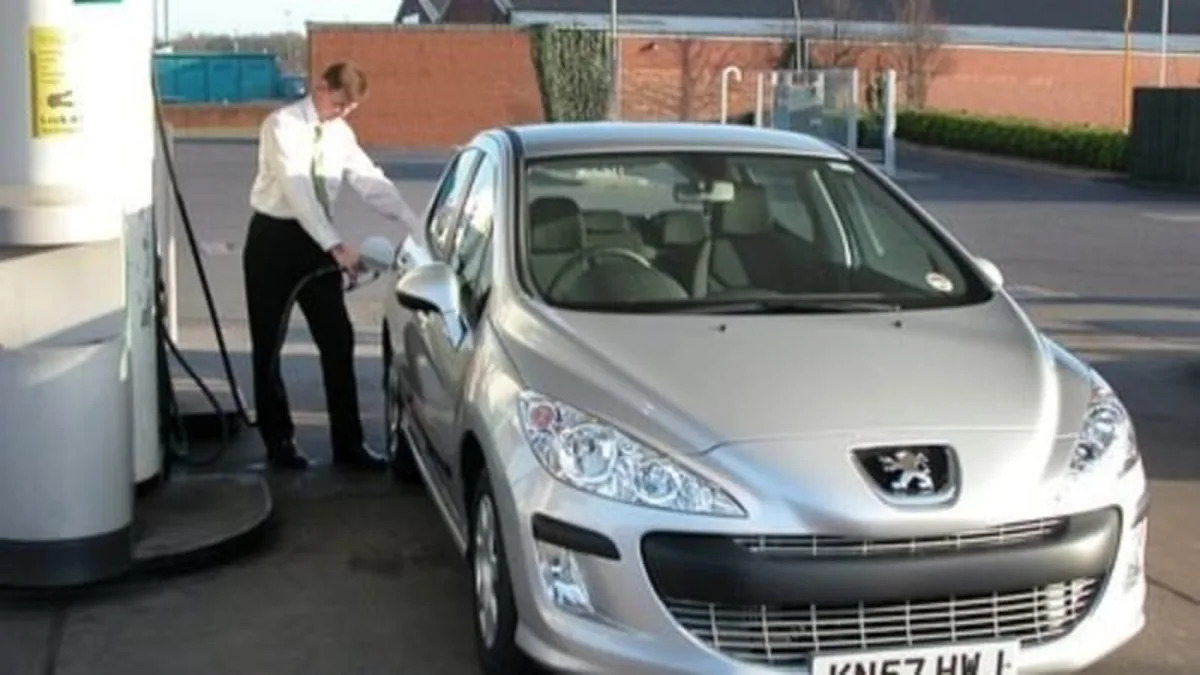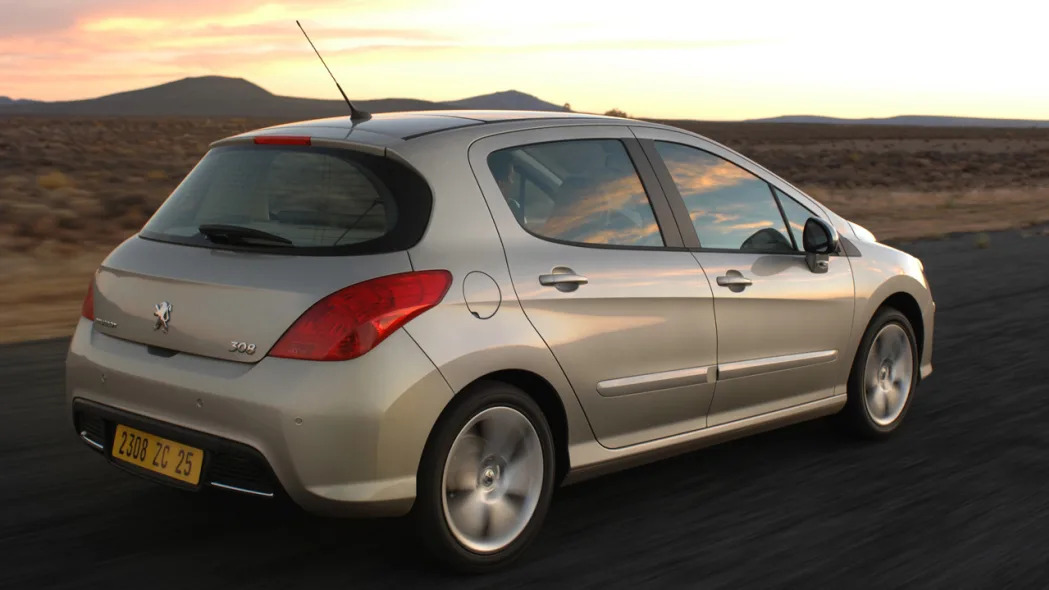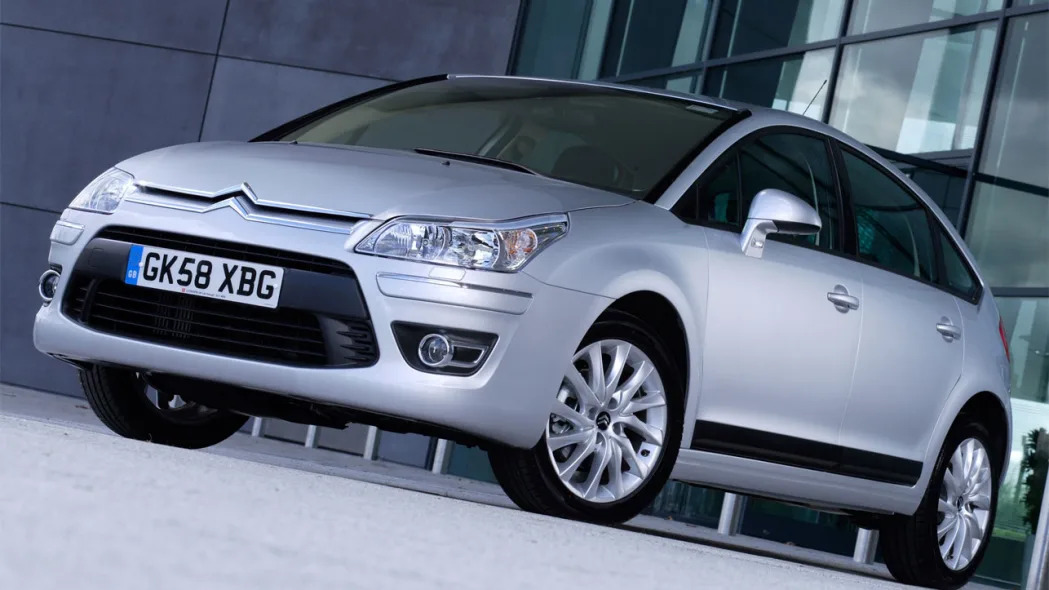Citroën and Peugeot have been putting out small, efficient vehicles for many years. At this weekend's H2Roma, the PSA group will talk about the green vehicles it hopes to bring to market in the future. H2Roma is an annual sustainable mobility and the PSA group's press release announcing its participation (pasted in full after the jump) gives us a compact rundown on how the companies will make future cars even cleaner. Check out the list:
They just get better as you move down the list, don't they? Lots of potential problems to actually achieving these goals, but the diesel hybrid goal is the one I'm most excited about for my new car. Too bad we probably won't see diesel hybrids in the U.S. anytime soon.
- Continued improvement of gasoline and diesel powered internal combustion engines
- Second generation micro-hybrid technology on all cars by 2010
- Full diesel hybrid technology in 2011
- Preparation for the future Zero Emission Vehicle (ZEV)
They just get better as you move down the list, don't they? Lots of potential problems to actually achieving these goals, but the diesel hybrid goal is the one I'm most excited about for my new car. Too bad we probably won't see diesel hybrids in the U.S. anytime soon.
[Source: PSA Peugeot Citroen]
PRESS RELEASE:
For the Citroën C4 and Peugeot 308 HDi Hybrids, all Roads Lead to Rome
LONDON, November 14/PRNewswire/ -- For the Third Year in a row, PSA Peugeot Citroën is Participating in H2Roma, the Annual Sustainable Mobility Event for Automobile Manufacturers, Academics, Researchers and the General Public.
With a program that combines discussion sessions and test drives, H2Roma offers carmakers a fantastic opportunity to explain their current and future technologies for reducing CO2 emissions.
PSA Peugeot Citroën, European leader in low CO2 emission vehicles, is taking advantage of the show to outline its future strategy and give visitors a chance to try out the Peugeot 308 and Citroën C4 HDi hybrids in the streets of Rome.
This strategy, which is designed to put a more environmentally friendly car in every garage, will develop a wide range of technological solutions along four main paths.
- Continued improvement of gasoline and diesel powered internal combustion engines
Deployment of 1.4L and 1.6L gasoline engines has been stepped up within the Peugeot and Citroën ranges. By 2011, the introduction of a new, particularly fuel-efficient family of small 3-cylinder gasoline engines will make it possible to reduce a compact city car's CO2 emissions to less than 100g/km without additional technology.
- Second generation micro-hybrid technology on all cars by 2010
The Group plans to introduce its Stop&Start technology across the Peugeot and Citroën lineups in 2010. The system, which shuts down the engine when the car is at a stop, will equip a million vehicles in 2011. The second generation Stop&Start significantly improves energy recovery as the vehicle slows down and can reduce CO2 emissions by up to 15% in city driving.
In light of the anticipated volume, the system will be broadly affordable.
- Full diesel hybrid technology in 2011
Building on the technology used on the Peugeot 308 and Citroën C4 demonstrators, this improved system continues to leverage the diesel HDi engine's low fuel consumption on the open road and the electric motor's advantages in city and suburban driving. In addition, it offers four-wheel drive capability thanks to the electric motor mounted on the rear axle. In 2011, the system will equip distinctive models from the Peugeot and Citroën lineups, offering exceptional features and substantially reduced CO2 emissions. Once the cost of hybrid technology reaches an affordable level for the majority of Peugeot and Citroën customers, hybrid diesel systems will be extended to wider selling mid-range vehicles. This technology was first presented at the Paris Motor Show on the Peugeot Prologue and Citroën Hypnos concept cars.
- Preparation for the future Zero Emission Vehicle (ZEV)
A pioneer in electric vehicles with 10,000 EVs sold between 1995 and 2005, PSA Peugeot Citroën has relaunched its work in this area. The Group intends to play a role in this market, which will initially develop through fleets and car sharing. It is considering a partnership with Mitsubishi to develop electric powertrains for compact city cars.
At the same time, the Group is working on a hybrid plug-in type vehicle to expand EV use and accessibility among the general public. This vehicle can run in all-electric mode for around 50 kilometers, which corresponds to most drivers' daily needs. Offering all the benefits of an EV, it can also shift into hybrid mode for longer distances, for example on a weekend or vacation trip.
These four paths will allow the Group to maintain its overall lead in environmental performance and position itself as the forefront provider of environmentally friendly cars for everyone.




Sign in to post
Please sign in to leave a comment.
Continue